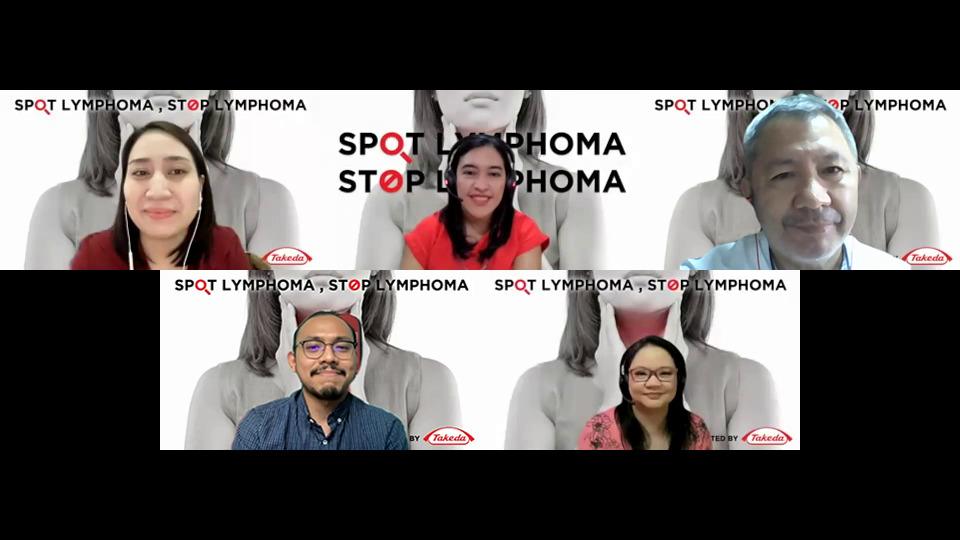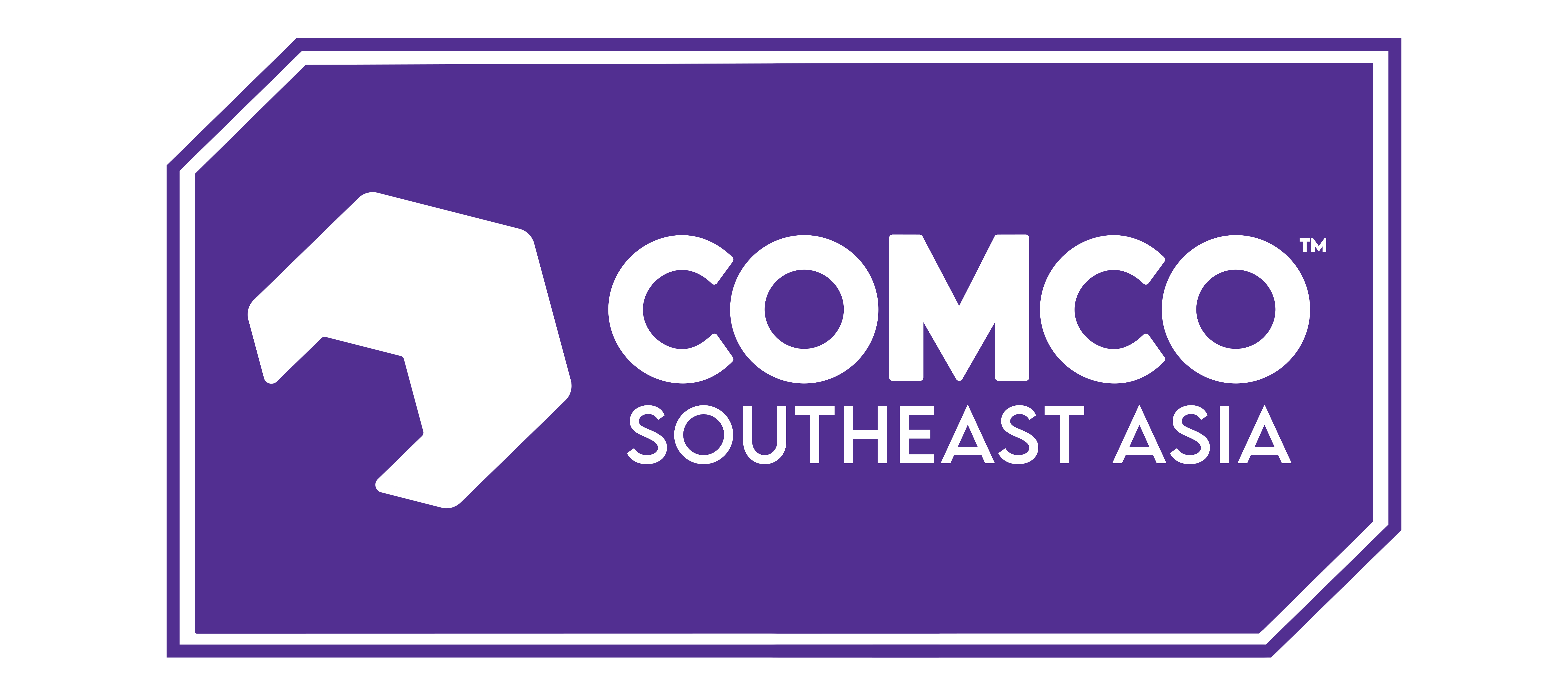Biopharmaceutical leader Takeda Healthcare Philippines Inc. (“Takeda Philippines”) has launched the “Spot Lymphoma, Stop Lymphoma” initiative to answer the call of the government’s National Integrated Cancer Control Act for medical stakeholders to come together and work towards a cancer-free Philippines.

(From left to right, top to bottom) Joyce Yu, event host and Deputy Account Operations Director of COMCO Southeast Asia; Loreann Villanueva, Country Manager of Takeda Philippines; Dr. Jorge Ignacio, Medical Oncologist and Chairman of the Cancer Institute of Philippine General Hospital (PGH), Jheric Delos Angeles, co-founder of Lymphoma Philippines; and Dr. Joy Pabellon, Takeda Healthcare Philippines Medical Affairs Lead for Access to Medicine
The initiative is led by Takeda Philippines and is supported by various organizations including the Philippine Cancer Society, Health Futures Inc., Philippine College of Hematology and Transfusion Medicine, Philippine Society of Hematology and Blood Transfusion, Philippine Society of Medical Oncology, Philippine Society of Pathologists, Carewell Community Foundation and Lymphoma Philippines. “Spot Lymphoma, Stop Lymphoma” aims to raise awareness about lymphoma and improve access to the treatments in the Philippines by providing free testing to patients, partnering with relevant organizations and institutions, and sponsoring talks and seminars to educate the public about the disease.
What is lymphoma?
Lymphoma is the most common type of blood cancer in the world. According to a study by the Global Cancer Observatory (Globocan), over 600,000 new cases were detected worldwide in 2020, making it the 11th most common cancer in the world.[1] In the Philippines, there were over 4,000 new patients diagnosed with lymphoma, making it among the 30 most common cancers in the country.[2] This might seem like a small fraction of the population, but if left untreated, it can be deadly for the people who suffer from it, with nearly 300,000 deaths resulting from the disease in 2020 alone,[3] 2,500 of which were recorded in the Philippines.[4]
The pandemic has also put those with lymphoma at risk, as patients with the disease were identified to be more susceptible to COVID-19 according to a study published in the World Journal of Virology.[5] And with the fear of being infected by COVID-19 still looming, it has been more difficult for people experiencing symptoms of the disease to go out and undergo testing for lymphoma.
The disease begins when an infection-fighting white blood cell or lymphocyte mutates, divides and grows out of control, compromising the immune system and lodging itself onto lymph nodes or “kulani” and causing them to swell. Hodgkin lymphoma is a type of lymphoma that involves the presence of a specific type of lymphocyte, Reed-Sternberg cells. Hodgkin lymphoma cases comprise one-fifth of all lymphoma cases in the world, making it a rare cancer.
And like any other cancer, detecting the disease in its early stages is essential, as survival rates drop from 90% to 70% in patients with advanced stages of the disease. Even then, relapse is common in advanced stages of the disease, with one-quarter to one-third of patients not achieving long-term remission with standard frontline therapy. However, detecting it is not an easy feat.
Hodgkin lymphoma shares common symptoms with other diseases such as fever, chills, night sweats, unexplained weight loss and fatigue. This, coupled with the fact that it is a relatively rare disease, makes it difficult for people to identify it in its early stages. The most telling signs are painless lumps or swelling of lymph nodes or “kulani” in the neck, armpit or groin region, but even then, the only way to get properly diagnosed is through biopsy or CD30 testing, which is not accessible to everyone. It’s also due to its rarity that there is a lack of public awareness about Hodgkin lymphoma, with treatment options and relevant information not readily available to patients.
COMCO Southeast Asia is the PR partner of Takeda Philippines.
























